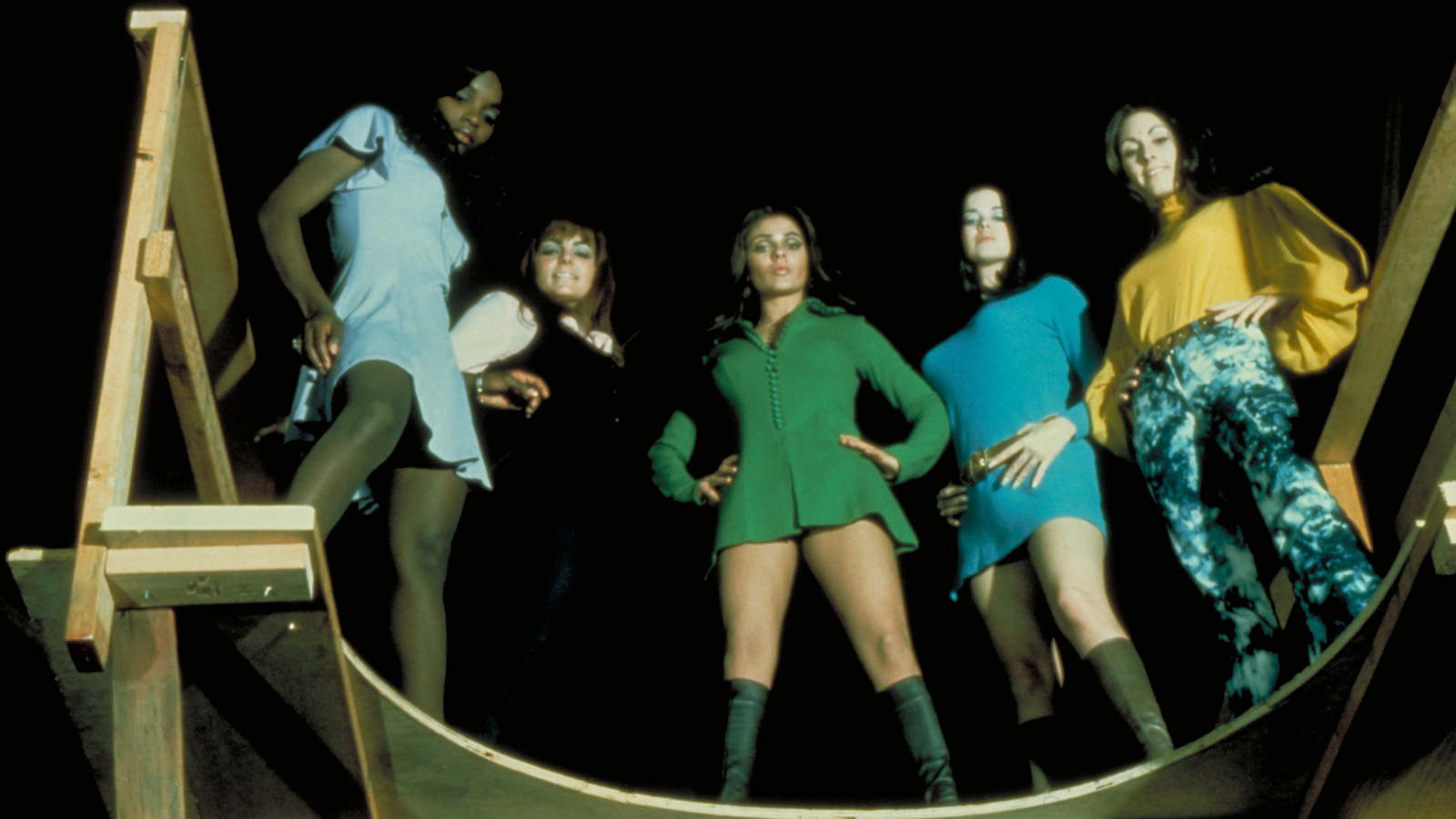

I quoted Sontag at the beginning for a reason (and if you haven't read the linked essay, "Notes on Camp," please do it is an essential work of cultural criticism).

It is in fact a very smart film, not a guilty pleasure even for those who like to think that pleasures need to be guilty, but simply a straight-up fun sex comedy.īut I'm not interested in mounting a defense of the movie. There are just enough hints that this is all meant to be very silly that the attentive viewer will be in on the joke, long before the film tips its hand with the apparently psychotic finale (conceived by Meyer and future Pulitzer Prize-winning film critic Roger Ebert on the day of shooting). You may want to call Pulitzer Prize-winning film critic Roger Ebert a liar, but there's no need to take his word for it: while plenty of films almost indistinguishable from this one were played completely sincerely, particularly those made under the influence of the many free-flowing drugs in the late 1960s and early 1970s, it's that "almost" that really makes the difference. Teas, typically called the first nudie-cutie.

Except that Pulitzer Prize-winning film critic Roger Ebert has never made any real effort to hide the fact that he wrote this film, that he is in fact proud of this film, and he and co-scenarist Russ Meyer never intended for the film to be taken as anything other than a tongue-in-cheek farce, a satire of the excesses of the 1960s and of films about the excesses of the 1960s, and a good old-fashioned sex romp like Meyer cut his teeth on, and more-or-less invented with 1959's The Immortal Mr. This is typically offered up as a skeleton in the closet, proof that Pulitzer Prize-winning film critic Roger Ebert isn't so all-knowing as he might seem to be. The one thing that everybody knows about Beyond the Valley of the Dolls is that it was written by future Pulitzer Prize-winning film critic Roger Ebert, three years into his career at the Chicago Sun-Times. The band is recast as The Carrie Nations, a hard rock folk group (or something), and the girls' success turns Kelly into a money-hungry whore, Casey into a pill-popping drunk and Pet into a comparatively uncomplicated slut. They very night they arrive, Susan has been invited to a party, and she brings them along what they find at the ostentatious home of the ambiguously bisexually gay hermaphrodite and Phil Spector analogue Ronnie "Z-Man" Barzell (John LaZar) will forever change their lives. Seeking more excitement, fame and fortune than their drowsy Texas town could provide, the quartet travels to Los Angeles to meet Kelly's wealthy aunt Susan Lake (Phyllis Davis) and her scheming business partner Porter Hall (Duncan McLeod). Meyer's film follows the career of a trio of grrl rockers, known as The Kelly Affair: Kelly MacNamara (Dolly Read, Playboy Playmate of the Month in May '66), Casey Anderson (Cynthia Myers, Playboy Playmate of the Month in December '68) and Pet Danforth (Marcia McBroom, never a Playboy Playmate of the Month), and their manager, Kelly's boyfriend Harris (David Gurian, who once worked as a photographer for Playboy). It was made in a unique time and place by a unique sensibility, without a doubt, but it is also a sort of perfect object it justifies itself by its existence and by the relationship it builds with the viewer.ītVotD allegedly began life as a sequel to Mark Robson's anemic filmed version of Jacqueline Susan's classically overwrought potboiler Valley of the Dolls, but so quickly turned into an over-the-top parody of that film that 20th Century Fox demanded that Meyer open with a solemn title card declaring that the two films had nothing in common besides a few matters of theme. With that said, I'm not certain that the film really needs any context. * Certainly, I know what everyone knows about the director, that he loved to make live-action cartoons about large-breasted women committing acts of sex and violence I have heard it said that he considered BtVotD to be the greatest work of his career. I would like very much to open by considering its place in the career of Russ Meyer, one of the key figures in the history of exploitation cinema, but I'm very ashamed to admit that this is the first and only film I've seen by Russ Meyer. It's hard to know where to begin discussing Beyond the Valley of the Dolls. Future Pulitzer Prize-winning film critic Roger Ebert

This is my happening and it freaks me out! It's such a fine line between stupid and clever. Camp introduces a new standard: artifice as an ideal, theatricality. The traditional means for going beyond straight seriousness - irony, satire - seem feeble today, inadequate to the culturally oversaturated medium in which contemporary sensibility is schooled.


 0 kommentar(er)
0 kommentar(er)
